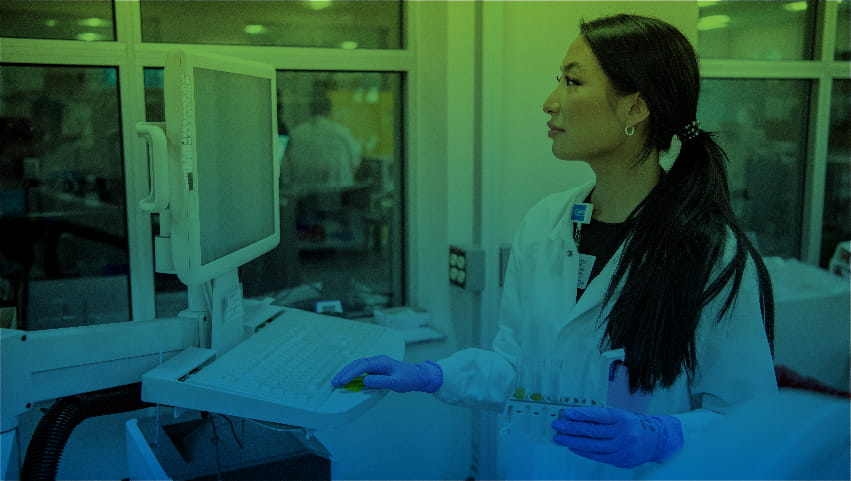Article

A clinical trial occurs in three parts: startup, maintenance, and closeout. The startup stage of the clinical trial includes the initial steps to getting the study up and running. This is an important phase of the process since clinical trials that get off to a good start are more likely to succeed.
The study startup stage typically involves the first three months of the clinical trial. During this time, there are some critical steps to getting the study started effectively.
Budgeting is one of the first steps to successful clinical trial management. Some factors to consider when developing a budget include:
Read Our Blog: Effective Steps to Clinical Study Management
A clinical trial protocol should include key milestones that need to be met, any testing subject inclusion and exclusion criteria, and a schedule of events.
According to ACM Associate Director Regina Harrison, “One of the most important aspects of the protocol is the inclusion and exclusion material, including what milestones patients need to achieve to be included in the trial.” Harrison adds that “Based on this inclusion and exclusion material, we will break down the testing schedule to determine what is needed from us and when.”
Once complete, the protocol must be approved by the Food and Drug Administration (FDA) and reviewed by the appropriate boards.
Read Our Blog: Clinical Trial Design Best Practices
After the protocol is signed off, our project managers will work with the client to understand the protocol, the scope of the trial, timelines, and the budget. After this point, the client can either sign a startup agreement with us or complete a work order to detail the cost.
Based on the client’s protocol, the project manager will help initiate the documentation process. This includes drafting a Global Laboratory Specifications Document (GLSD) that outlines how ACM will conduct the trial, specifications around the trial, and what tests will be involved. The documentation process also includes creating a lab manual to detail the collection kits, what tests will be collected, and how everything should be packaged and shipped to ACM.
During the study startup stage, the major milestone is getting kits on sites to begin collecting samples. This can only occur once all documentation is complete. The project manager will work with the setup team to set up a database based on the GLSD and, depending on the protocol, then begin building the customized kits. The kits are then shipped to each study site so patients can begin enrolling.
Read Our Blog: Key Considerations for Clinical Trial Specimen Collection
The study startup stage sets the tone for the rest of the clinical trial. Any resets to the timeline during this stage can negatively impact the client’s ability to meet their first patient visit if sites do not have the materials they need to obtain samples.
Here are some ways you can help mitigate this common risk:
Finalizing the GLSD and lab manual is one of the first steps in the clinical trial process and one of the first areas where delays can happen. A delay early on can affect the trial’s ability to meet significant milestones, such as having kits on site. Prioritizing the review of the necessary documents and responding to the project manager promptly can help you avoid this risk.
Collaboration with the project manager is an integral part of the startup stage. Our project managers will ask questions about the protocol, identify potential roadblocks, and review the timeline and budget. Being open to collaboration and practicing timely communication can improve this process.
To keep a trial on track, it’s essential to ship out kits as soon as the database is complete. To do this, ACM requires the correct contact information for the sites as well as the order of priority.
Read Our Blog: How to Plan a Phase 1 Clinical Trial
The project manager plays a vital role in every phase of the clinical trial process. During the startup stage, the project manager’s main goals are to establish regular communication, identify potential risks, finalize all necessary documentation, and get customized kits shipped on time.
At ACM Global Laboratories, our project managers act as an extension of your team. By involving a project manager early in the process, you can establish consistent study management to ensure the success of your trial better. Get started with ACM today.